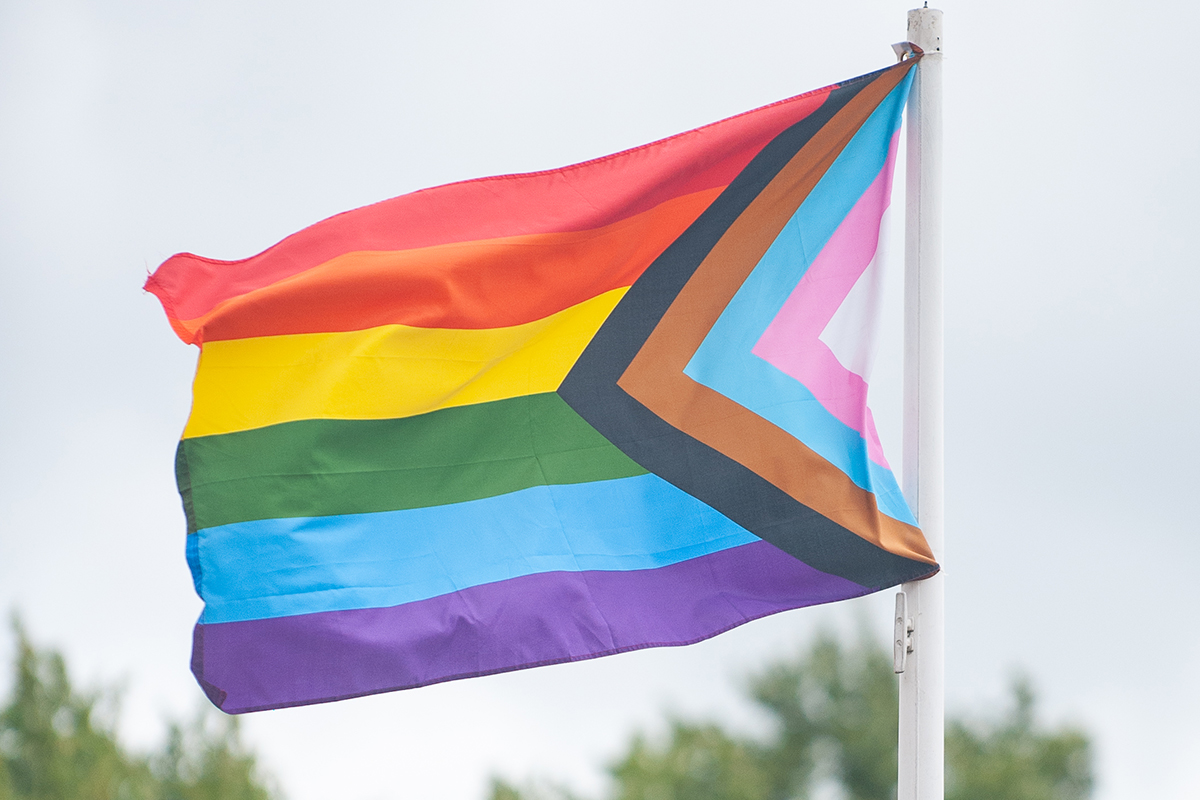A duo of free web- and app-based tools offering families with children or young adults ages 0-25 one-on-one sessions with live wellness coaches, wellness exercises, a library of multimedia resources and access to peer communities moderated by trained behavioral health professionals, were launched by the California Department of Health Care Services (DHCS) in January.
With rates of anxiety, depression and self-harm on the rise nationally among youth and a shortage of mental health providers, the new applications — housed under the umbrella name Behavioral Health Virtual Services Platform — intend to help meet the increasing demand for services seen across the state.
“About two-thirds of California kids with depression do not receive treatment. This platform will help meet the needs of California’s diverse children, youth and families by expanding access to critical behavioral health supports. Our young people will have an accessible option to get the help they need,” Dr. Mark Ghaly, secretary of the California Health & Human Services Agency, said in a press release. “The Behavioral Health Virtual Services Platform will give children, adolescents, and young adults a new point of access to high-quality services to help them address behavioral health challenges early on, reducing the likelihood of escalation to more serious conditions and alleviating pressure on existing mental health care providers.”
About the apps
BrightLife Kids was designed for parents/caregivers and children ages 0-12 with tools broken up by age range — infants/toddlers, kids (ages 5-8) and tweens (ages 9-12). Soluna is meant to serve teens and young adults ages 13-25.
“The tools are flexible and free for all California families, regardless of income, health insurance or immigration status,” DHCS Director Michelle Baass noted in the press release.
Part of the state’s CalHOPE program, the apps’ features include chat, video and telephone coaching sessions; age-appropriate education content; stress management tools and assessments; moderated peer communities; crisis and safety protocols; and navigation services to connect users to local behavioral health resources, including school-based services.
Built to complement existing services available through health plans, counties and schools, both tools have coaching services in English and Spanish and telephone-based coaching in all Medi-Cal threshold languages, according to the press release.
In addition to adhering to applicable state privacy and security laws and regulations, the apps follow robust safety and risk escalation protocols to ensure the safety of users. “Trained behavioral health professionals will monitor app usage to identify potential risks, and licensed behavioral health professionals will be on standby to intervene, if clinically appropriate. Further, each app will connect users to crisis or emergency services, when needed,” according to the press release.
BrightLife Kids is currently available to download in the Apple App Store and will be available on Android devices in mid-2024. It can be accessed online via CalHOPE’s website. Soluna can be downloaded in the Apple App and Google Play stores.





